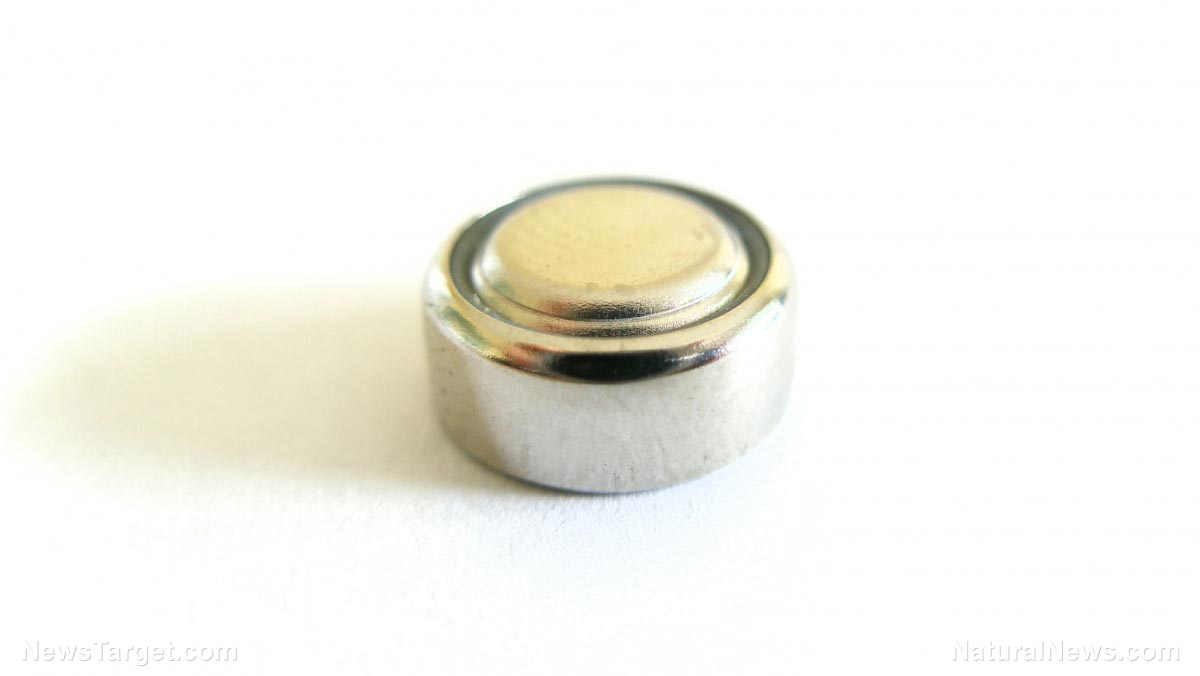
“The capacity of these batteries is enormous, but what is equally remarkable is that we can bring them from zero charge to full charge in five minutes, rather than the typical two hours or more needed with other batteries,” said Rice lab chemist James Tour.
Rice researchers utilized untreated gilsonite, which is a derivative of asphalt, and added it to conductive graphene nanoribbons to make a material that had an improved ability to conduct electricity. The mixture was filled with lithium metal through the process of electrochemical deposition to create an anode, which is the positively or negatively charged electrode by which the electrons leave a device or supply current, respectively. The anode was then combined with a cathode of sulfurized carbon – because pure sulfur tends to react with many chemicals, and using this material can create the possibility of damaging the battery as a whole – to create the final product.
The research team tested these new asphalt-lithium metal batteries over more than 500 charge-discharge cycles, and realized that the asphalt made the battery more stable at a power density of 1,322 watts per kilogram and an energy density of 943 watt-hours per kilogram (Whr/kg).
A high current density of 20 milliamperes per square centimeter (mA/cm2) also indicates that the batteries can be charged from empty at a faster speed than standard lithium-ion batteries.
The new batteries are also capable of derailing the formation of dendrites, which are tiny lithium tentacles that sprout on the anode during the charging process and which spreads itself throughout the device until they go over to the other electrode, thus short-circuiting the battery or causing it to explode.
Work done earlier by the laboratory showed that an anode of graphene and carbon nanotubes also hindered the formation of dendrites. The researchers, however, agreed that lithium-air and lithium metal batteries are easier to make than graphene-carbon nanotube batteries.
“There is no chemical vapor deposition step, no e-beam deposition step, and no need to grow nanotubes from graphene, so manufacturing is greatly simplified,” Tour said.
Researchers did not mention when the batteries will be released in the market.
Earlier this year, StoreDot, an Israeli-based startup that manufactures fast-charging batteries, said it would release its quick-charging batteries in the market by 2018. Palo Alto, California-based energy storage company Tesla, Inc. and San Diego-based multinational semiconductor and telecommunications equipment company Qualcomm are also inventing ways to come up with fast-acting batteries.
To compare the capacity of this newly invented battery with that of existing ones, Tesla's batteries have an energy density in the neighborhood of 250 Whr/kg.
Stuart Miles, founder and head of the Pocket-lint tech news website, welcomed the development, noting, “As our demands on batteries become stronger and stronger, ensuring they can charge faster is at the forefront of everyone's focus.
A lot of what we do with our tech is limited by battery capabilities, but just imagine what could be achieved if we could top up our phones or computers in the same way we top up our cars with fuel,” Miles added. (Related: Lithium polymer batteries likely replacement for dangerous lithium ion in laptops, says Sony.)
Read more stories such as this one at Scientific.news.
Sources include:
Please contact us for more information.

















